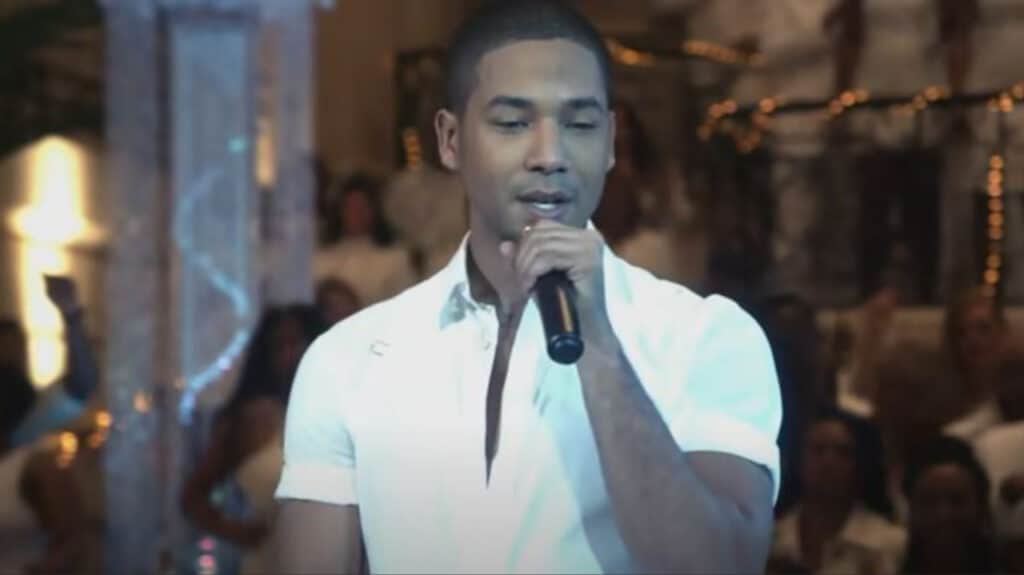Jussie Smollett’s hate crime lawsuit has been a never-ending process that began three years ago as he filed an appeal. Recently, his attorneys took steps against his initial conviction.
It all began a long, long time ago— it seems long enough as fans have been hearing about Jussie Smollett’s hate crime case since 2019.
Recall that the “Empire” star phoned the police to report a hate crime against him in Chicago. He explained he was attacked by two masked men.
These perpetrators beat him and hurled racial slurs and anti-gay comments at him. Shockingly upon investigating the crime, it was a hoax.
Jussie Smollett’s hate crime was labeled a planned job between the actor and the contractors. They testified against him, claiming he told them what to do.
Eventually, he was sentenced to 150 days in jail and ordered to pay $120,000 in restitution to the city. But following the sentence, he launched an appeal.
His legal team contended the judgment saying it was heavy for the conviction — Smollet was released from jail on March 16, 2022.
A recent development concerning the case showed that Jussie Smollett filed an appeal against what the court believed was a fake hate crime.
https://twitter.com/NAVDOC1978/status/1631187826208325634
Legal Actions Against Jussie Smollett’s Hate Crime Conviction
Sources prove that Jussie Smollett filed an appeal questioning the actor’s hate crime conviction last year. They claimed he was not granted due process rights.
The documents slammed the justice system for denying the defense the right to substitute a judge who they believed was biased.
It also faulted the court for allowing “uninvited commentary that was dismissive of lines of defense questioning that had sought to establish homophobia.”
More claims were that the court defended a detective’s decision during a cross-examination session without proof.
According to the filing, the jury witnessed the court’s partiality. It attempted to hurry the defense’s cross-examination with various comments.
Smollett’s team believed it was not a fair hearing as these comments influenced the jury, allowing them to be biased in judgment.
They cited the Fourteenth Amendment Rights to Due Process and Equal Protection. They claimed the court did not plant Smollett’s peers on the jury.

